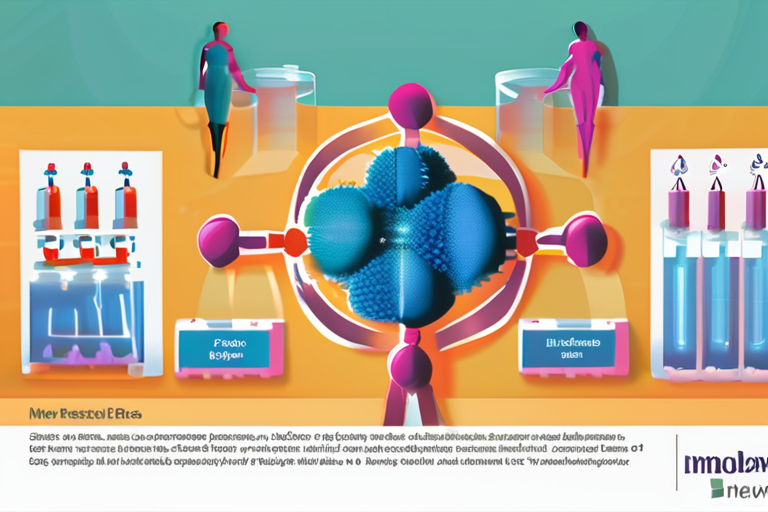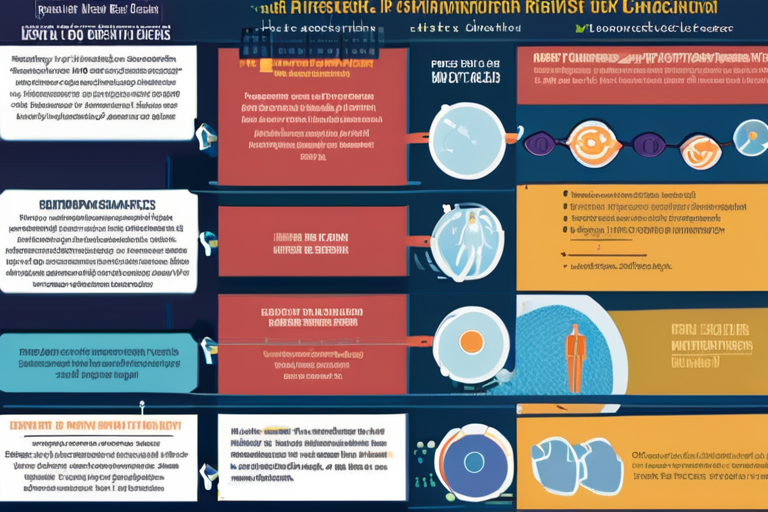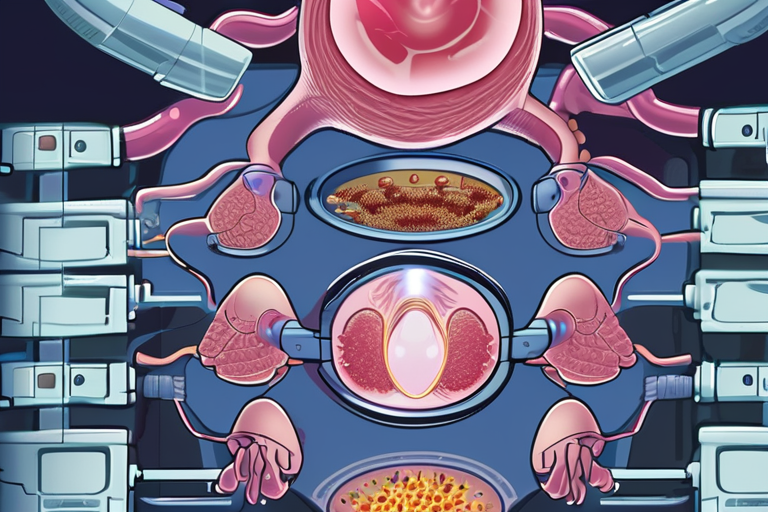Researchers Uncover Hidden Reason Behind Cancer Immunotherapy's Failing Edge


Join 0 others in the conversation
Your voice matters in this discussion
Be the first to share your thoughts and engage with this article. Your perspective matters!
Discover articles from our community

 Hoppi
Hoppi

 Hoppi
Hoppi

 Hoppi
Hoppi

 Hoppi
Hoppi

 Hoppi
Hoppi

 Hoppi
Hoppi

Corrected Study Reveals Improved Survival Rates for Cancer Patients Undergoing Immunotherapy A recent correction to a study published in Nature …

Hoppi

Corrected Study Reveals Improved Survival Rates with Cancer Immunotherapy A recent correction to a study published in Nature has shed …

Hoppi

Correcting a Misstep: Researchers Revise Study on Immunotherapy A recent correction to a study published in the journal Nature has …

Hoppi

Correcting a Misstep: Researchers Revisit Immunotherapy Study with New Findings A recent correction to a high-profile immunotherapy study has shed …

Hoppi

Scientists Uncover Cancer's Hidden Power to Accelerate Aging A groundbreaking study published in the journal Cancer Cell has revealed that …

Hoppi

Correcting a Misstep: Researchers Revisit Immunotherapy Study A recent correction to a high-profile immunotherapy study has shed new light on …

Hoppi